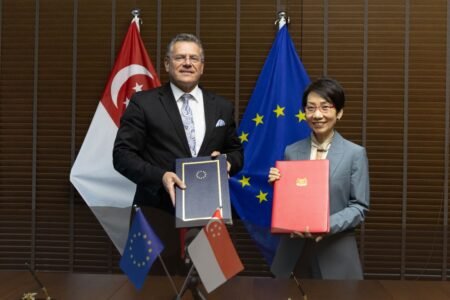— last modified 21 June 2016
In a new report, Swedwatch presents the practical implications of existing regulations on conflict minerals and concludes that EU negotiations have failed to address key issues related to the trade in illicit conflict minerals.
– The EU agreement is a welcome step in the right direction. But it applies only to a fraction of minerals that end up on the EU market, due to the exemption of downstream actors, says Théo Jaekel, author of the report at Swedwatch.
Products that are used everyday, such as mobile phones, laptops and light bulbs, contain minerals extracted, to a large extent, in conflict-affected areas where armed groups use the illicit trade of minerals to finance continued conflict.
Companies listed on the U.S. stock exchange are required to conduct supply chain due diligence of conflict minerals, in case their products contain such minerals. The OECD has also adopted a due diligence guidance. The EU has reached an agreement on new legislation requiring upstream companies, i.e. smelters/refineries, to conduct due diligence in cases where they source tin, tantalum, tungsten, or gold.
The Swedwatch report “Far from Reality” provides an analysis of the implications of existing regulations, with the Democratic Republic of Congo (DRC) as an example. The report concludes that the EU agreement falls short of international standards, and should instead build on the OECD Guidance ? which also includes downstream actors, i.e. electronics and automotive companies. The report criticizes EU’s position that doing so would impose unreasonable burdens on downstream actors.
– As opposed to the deal reached by the EU, the OECD Guidance includes provisions covering the entire supply chain of minerals. But the provisions are adapted to the size and capacity of a company and therefore provide much needed flexibility, says Théo Jaekel.
Swedwatch recommends that the EU Member States implement more far-reaching requirements on their companies, in order to cover both upstream and downstream actors. Likewise, companies themselves, whose products contain conflict minerals, should rather adhere to the OECD Guidance.







